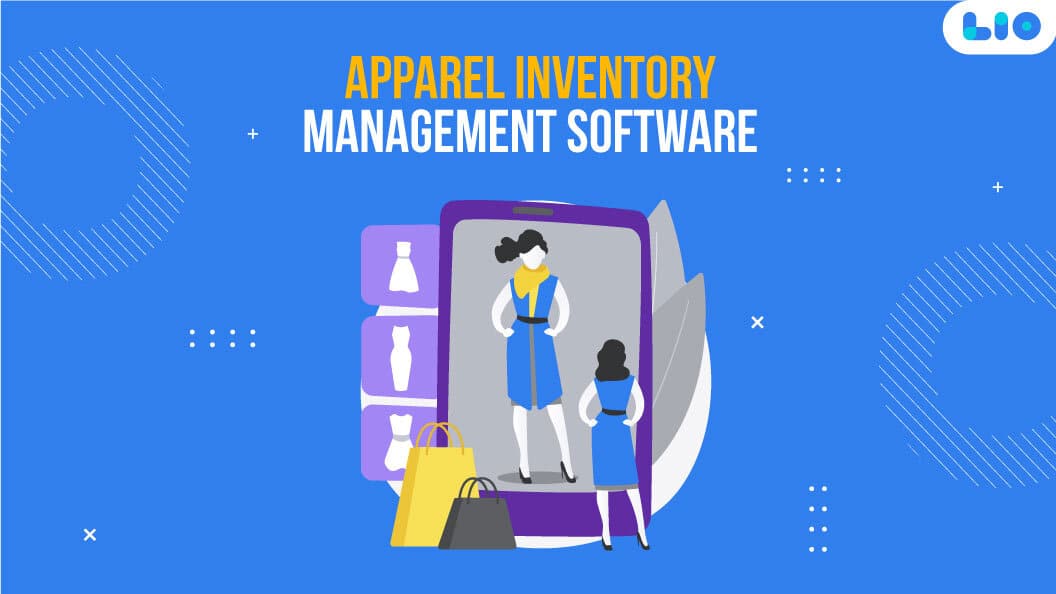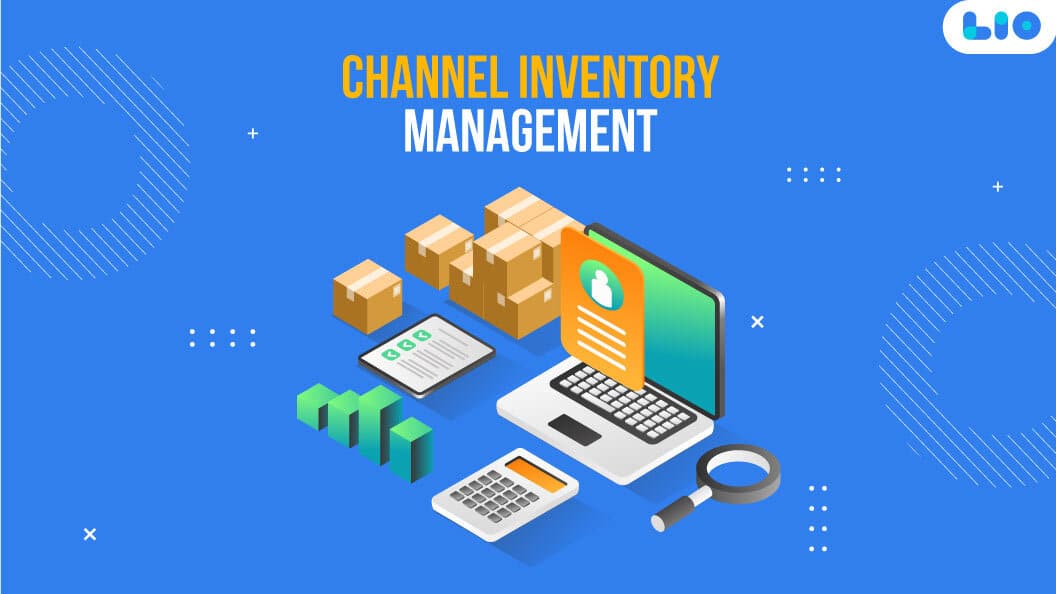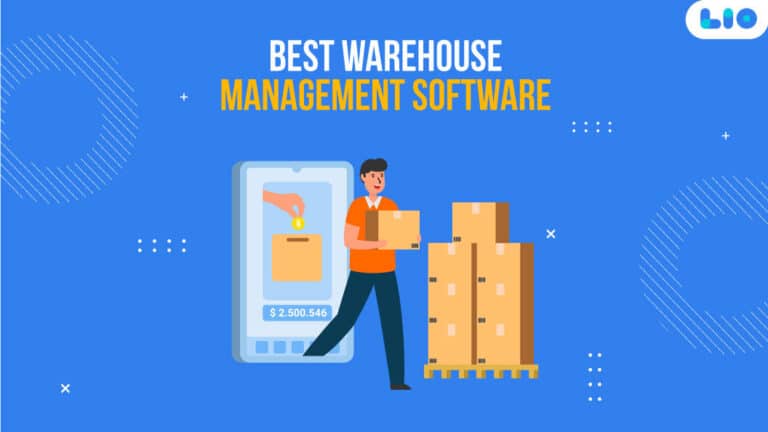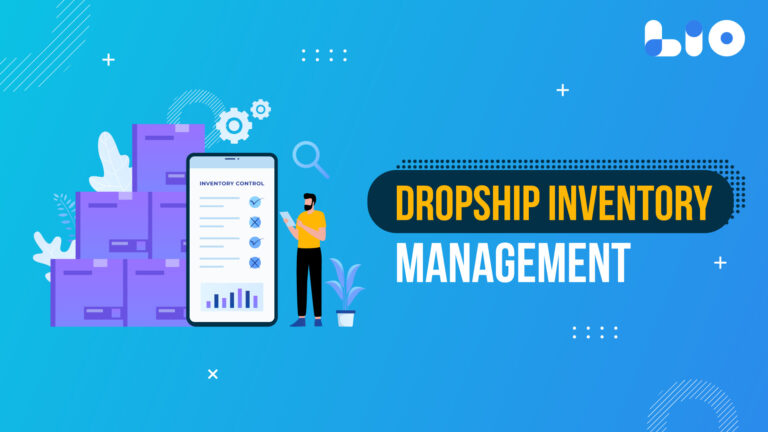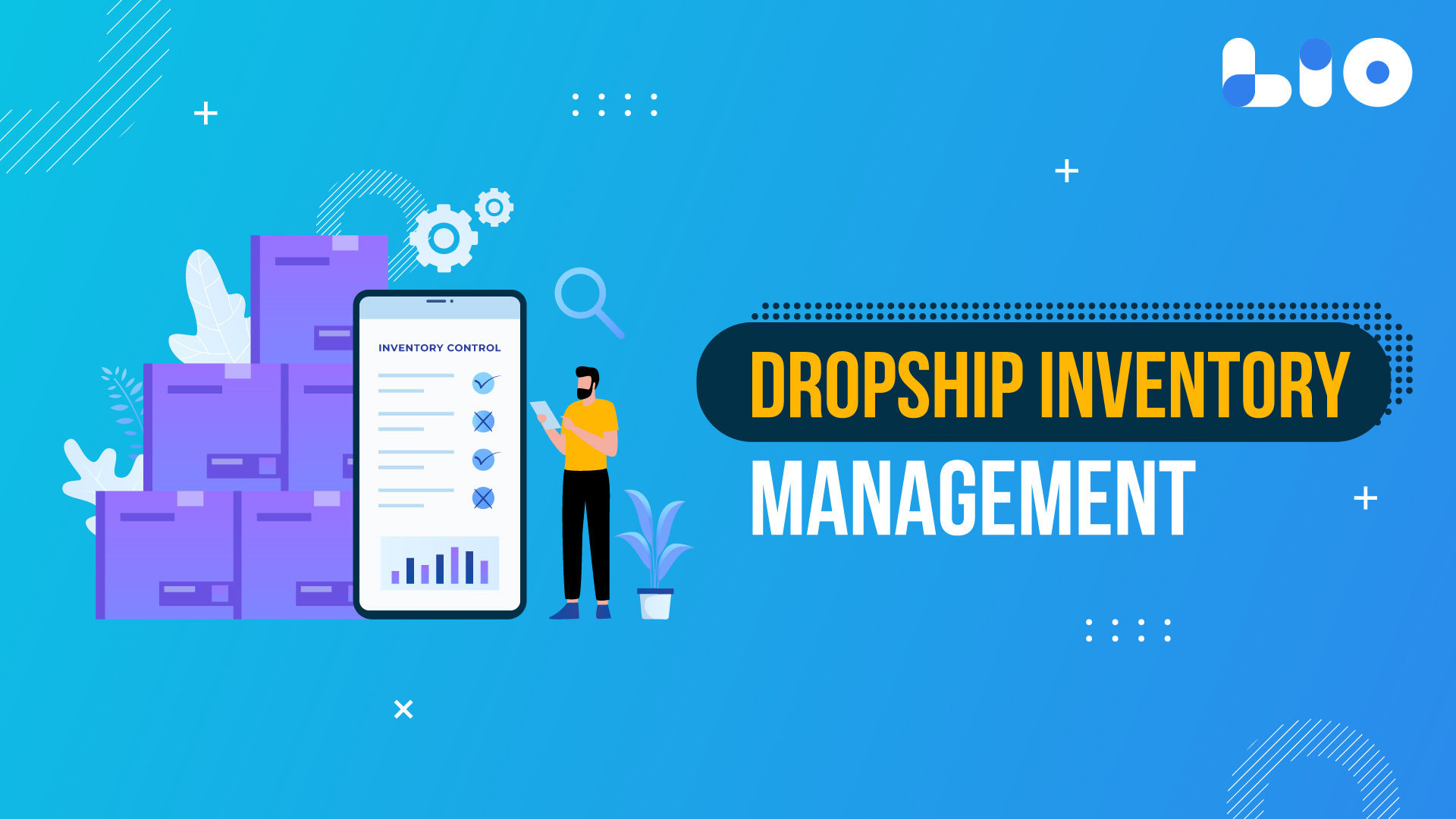Effective Inventory Management for Small Businesses: Strategies for Success

Wondering what is inventory management for small businesses? Read the article to know all details about it in great length.
Inventory management is a critical aspect of running a successful small business. It involves overseeing the storage, organization, and tracking of goods to ensure optimal levels, minimize costs, and meet customer demand.
This article explores the importance of inventory management for small businesses, provides practical strategies for effective management, and highlights key benefits. By implementing sound inventory management practices, small businesses can streamline their operations, improve customer satisfaction, and boost profitability.
Understanding Inventory Management
Definition and Purpose
Inventory management refers to the process of overseeing and controlling the flow of goods within a business. It involves activities such as ordering, storing, organizing, tracking, and managing inventory levels to meet customer demand while minimizing costs and maximizing profitability.
Key Components of Inventory Management
The key components of inventory management include:
- Stock Control: Tracking and monitoring inventory levels, ensuring accuracy, and preventing stockouts or overstocking.
- Demand Forecasting: Analyzing historical data, market trends, and customer insights to accurately predict future demand.
- Replenishment Planning: Determining when and how much to reorder based on demand forecasts and lead times.
- Inventory Tracking: Using systems and tools to track and monitor inventory movements, locations, and quantities.
- Order Management: Efficiently processing and fulfilling customer orders, ensuring timely delivery and accurate inventory allocation.
Importance of Inventory Management for Small Businesses
Meeting Customer Demand
- Avoiding Stockouts: Proper inventory management ensures that products are available when customers want to purchase them, avoiding the disappointment of stockouts and lost sales.
- Managing Lead Times: By accurately forecasting demand and managing lead times, businesses can maintain optimal inventory levels to meet customer expectations.
- Enhancing Customer Satisfaction: Having the right products in stock, timely order fulfillment, and efficient processes contribute to improved customer satisfaction.
Also Read:
Hotel Inventory Management Software
Dropship Inventory Management
Cost Control and Cash Flow Management
- Reducing Holding Costs: Effective inventory management helps minimize holding costs associated with storing and maintaining inventory, including storage space, insurance, and obsolescence.
- Minimizing Excess Inventory: By avoiding overstocking, businesses can reduce the risk of holding excess inventory that ties up capital and increases carrying costs.
- Improving Cash Flow: Efficient inventory management helps optimize cash flow by avoiding excessive inventory investment and ensuring a steady flow of sales and revenue.
Efficient Operations and Order Fulfillment

- Streamlining Workflows: Proper inventory management streamlines processes, improves productivity, and minimizes errors, leading to efficient operations and smoother workflows.
- Enhancing Warehouse Efficiency: Well-organized inventory management ensures efficient space utilization, optimized picking and packing, and accurate inventory tracking within the warehouse.
- Optimizing Replenishment Processes: By implementing effective inventory management practices, businesses can optimize replenishment processes, ensuring that inventory is replenished at the right time and in the right quantities to meet customer demand.
These points highlight the various aspects and benefits of understanding inventory management in small businesses. By focusing on meeting customer demand, controlling costs, and optimizing operations, businesses can achieve effective inventory management and drive growth and success.
Strategies for Effective Inventory Management For Small Business
Accurate Demand Forecasting
- Analyzing Historical Data: By reviewing past sales data and patterns, businesses can identify trends, seasonality, and demand fluctuations to make accurate demand forecasts.
- Using Market Trends and Seasonality: Keeping up with market trends and understanding seasonal variations in demand helps businesses anticipate and plan for inventory needs.
- Collaborating with Suppliers and Sales Teams: Engaging suppliers and sales teams in demand forecasting discussions can provide valuable insights and ensure accurate forecasting based on customer feedback and market insights.
Setting Optimal Inventory Levels
- Determining Safety Stock: Safety stock is the buffer inventory kept to mitigate uncertainties and fluctuations in demand or supply. Calculating safety stock based on factors like lead time, demand variability, and service level targets helps maintain optimal inventory levels.
- Calculating Economic Order Quantity (EOQ): EOQ is the order quantity that minimizes total inventory costs, balancing ordering costs and carrying costs. Calculating EOQ helps businesses determine the most cost-effective order quantity.
- Applying Just-in-Time (JIT) Methodology: JIT aims to minimize inventory by ordering and receiving goods just in time for production or customer demand, reducing carrying costs and inventory obsolescence.
Utilizing Technology and Automation
- Implementing Inventory Management Software: Inventory management software centralizes inventory data, automates processes, and provides real-time visibility into stock levels, helping businesses streamline inventory management.
- Barcoding and RFID Technology: Barcodes and RFID tags enable accurate and efficient tracking of inventory items, reducing errors and improving inventory accuracy.
- Integrating Systems for Real-time Data: Integration between inventory management systems, sales platforms, and suppliers’ systems allows for real-time data sharing, enhancing inventory visibility and collaboration.
Efficient Supplier Management
- Establishing Strong Relationships: Building strong relationships with suppliers fosters trust, open communication, and collaboration, leading to better supplier performance and support.
- Negotiating Favorable Terms: Negotiating favorable terms with suppliers, such as pricing, delivery schedules, and return policies, can contribute to cost savings and operational flexibility.
- Ensuring Timely Deliveries: Timely and reliable deliveries from suppliers are crucial to maintaining optimal inventory levels, meeting customer demand, and avoiding stockouts or production delays.
Benefits of Effective Inventory Management for Small Businesses
Cost Savings and Improved Profitability

- Reduced Holding Costs: Effective inventory management helps minimize holding costs associated with storage, insurance, and obsolescence, resulting in cost savings.
- Minimized Obsolescence: Optimizing inventory levels reduces the risk of inventory becoming obsolete and saves businesses from losses due to outdated or expired products.
- Avoidance of Stockouts and Rush Orders: By having the right inventory at the right time, businesses can prevent stockouts and avoid rush orders, which can be costly.
Also Read:
Construction Inventory Management with Software Solutions
Importance of Inventory Management Database for Businesses
Enhanced Customer Satisfaction
- On-time Order Fulfillment: Efficient inventory management ensures timely order processing and delivery, meeting customer expectations for prompt and reliable service.
- Accurate and Reliable Product Availability: Having accurate inventory data and maintaining optimal stock levels allows businesses to fulfill customer orders accurately and reliably.
- Consistent Delivery Performance: Effective inventory management contributes to consistent delivery performance, which builds trust and loyalty among customers.
Efficient Resource Utilization
- Optimal Use of Warehouse Space: Proper inventory management maximizes the use of warehouse space, reducing storage costs and improving overall operational efficiency.
- Effective Labor Management: By streamlining inventory processes, businesses can optimize labor utilization, reducing time wasted on manual inventory tracking and improving productivity.
- Reduced Risk of Overstocking or Understocking: Maintaining optimal inventory levels helps businesses avoid overstocking, which ties up capital, or understocking, which can lead to lost sales and dissatisfied customers.
Streamlined Operations and Productivity

- Improved Workflow Efficiency: Effective inventory management streamlines workflows by automating processes, reducing manual errors, and improving overall operational efficiency.
- Reduced Cycle Times: By optimizing inventory processes, businesses can minimize the time it takes to fulfill orders, reducing cycle times and increasing customer satisfaction.
- Better Utilization of Technology and Automation: Leveraging inventory management software and technology tools enhance productivity, reduces manual tasks, and allows businesses to focus on strategic activities.
By implementing these strategies and realizing the benefits, small businesses can achieve improved profitability, customer satisfaction, resource utilization, and operational efficiency through effective inventory management.
Selecting the Right Inventory Management System for Small Businesses
Understanding Business Needs and Goals
Small businesses should assess their specific inventory management needs and goals, such as order volume, product variety, and growth plans, to determine the system requirements.
Assessing System Features and Functionality
It’s important to evaluate the features and functionality offered by inventory management systems, such as inventory tracking, automated reordering, reporting capabilities, and integration with other business systems.
Considering Scalability and Integration Capabilities
Small businesses should consider the scalability of the system to accommodate future growth. Additionally, integration capabilities with other business systems, such as accounting or e-commerce platforms, can streamline processes and improve efficiency.
Evaluating Cost and Return on Investment
Businesses should assess the cost of implementing and maintaining the system, including licensing fees, implementation costs, and ongoing support. Evaluating the potential return on investment (ROI) is crucial in determining the system’s value.
Seeking Vendor Support and Training Resources
It’s important to consider the level of support provided by the vendor, including customer service, technical assistance, and training resources to ensure a smooth implementation and effective use of the system.
Common Challenges in Inventory Management For Small Businesses and How to Overcome Them
Forecasting Accuracy
Improving forecasting accuracy can be achieved by analyzing historical data, using market trends and seasonality patterns, and leveraging advanced forecasting techniques and tools.
Inventory Tracking and Control
Implementing barcode or RFID systems, conducting regular cycle counts, and employing real-time inventory management software can help businesses maintain accurate inventory records and control stock levels.
Seasonality and Demand Variability
Businesses should plan for seasonality and demand fluctuations by adjusting inventory levels, collaborating closely with suppliers, and using sales and market data to predict demand patterns.
Supplier Management and Lead Times
Developing strong relationships with suppliers, negotiating favorable terms, and implementing vendor management practices can help mitigate the risks associated with lead times and ensure timely deliveries.
Data Accuracy and System Integration
Ensuring data accuracy through regular audits, implementing proper data entry and validation processes, and integrating inventory management systems with other business systems can minimize errors and improve efficiency.

Maximize Your Online Business Potential for just ₹79/month on Lio. Annual plans start at just ₹799.
How Lio can Help You?
To make your dreams come true of having a business of your own and managing it nicely, Lio App can help you big time. The app lets you keep all sorts of data together in a more organized manner. You can keep records, and create tables and lists while working solo or with a team.
The many features of Lio would help you with your retail business as you would be able to maintain all data on a track that you can use at any time. If you want to upload a document, then you can do that. Know the money transactions, cash inflow, profit and loss you are making, Udhaar, list of products, services, and even the teammates and clients that you have all in one place.
Your retail business ideas will certainly become successful businesses if you go on this journey of managing your business with Lio.
Step 1: Select the Language you want to work on. Lio on Android

Step 2: Create your account using your Phone Number or Email Id.

Verify the OTP and you are good to go.
Step 3: Select a template in which you want to add your data.

Add your Data with our Free Cloud Storage.
Step 4: All Done? Share and Collaborate with your contacts.

Conclusion
Effective inventory management is essential for the success of small businesses. By implementing proper strategies and leveraging technology, small businesses can optimize their inventory levels, reduce costs, enhance customer satisfaction, and improve overall operational efficiency. With a well-designed inventory management system in place, small businesses can thrive in a competitive marketplace and achieve sustainable growth.
Frequently Asked Questions (FAQs)
What is inventory management, and why is it important for small businesses?
Inventory management refers to the process of overseeing and controlling a company’s inventory. It is crucial for small businesses to efficiently manage their inventory to meet customer demand, control costs, and ensure smooth operations.
What are the key benefits of effective inventory management for small businesses?
Effective inventory management can result in cost savings, improved profitability, enhanced customer satisfaction, efficient resource utilization, streamlined operations, and increased productivity.
How can small businesses select the right inventory management system?
Small businesses can select the right inventory management system by understanding their needs and goals, assessing system features and functionality, considering scalability and integration capabilities, evaluating cost and ROI, and seeking vendor support and training resources.
What are some common challenges in inventory management, and how can they be overcome?
Common challenges in inventory management include forecasting accuracy, inventory tracking and control, seasonality and demand variability, supplier management and lead times, and data accuracy and system integration. These challenges can be overcome through strategies such as improved forecasting techniques, implementing barcode or RFID systems, planning for seasonality, developing strong supplier relationships, and ensuring data accuracy.


